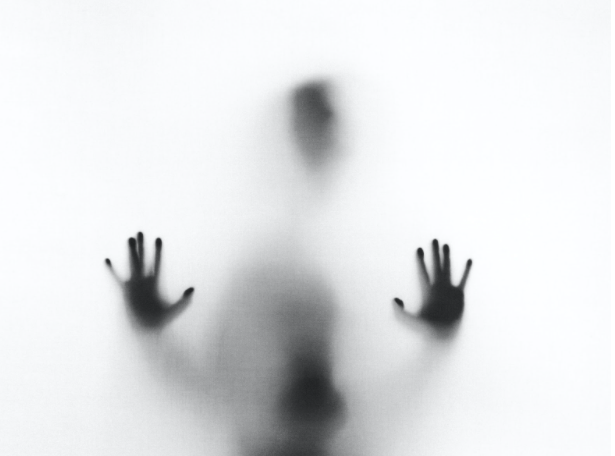What is depression
Once thought to be only a severe mood disorder, depression is now also classified as a medical illness. Depression can negatively affect the way we think, act and feel. It leads to feelings of sadness and loss of interest in activities once found pleasurable. It can affect your ability to work as well as contribute to your lack of interest in your family and friends.
What are some of the causes of depression
There are many causes of depression; they can vary from circumstantial to biological.
If you have someone you care about who has already experienced depression or any other mood disorder you can run a higher risk of depression. If you have suffered a childhood trauma it can cause your body to react to stressful situations by shutting down. Medical conditions can also cause depression, such as chronic illness or chronic pain.
Depression and Substance Abuse

Symptoms of depression can feel overwhelming and debilitating. People with depression are more likely to start to abuse drugs and alcohol. Generally speaking, substance abuse and depression go hand in hand.
Depressed people seek the release of chronic depression by trying to numb themselves with drugs and alcohol. However, instead of achieving what they are looking for the abuse only enhances the depressive symptoms and has further damaging repercussions. It is a very dangerous combination – depression and substance abuse.
Some of the signs of depression can include:
- Anger, feeling increased irritability as well as aggressiveness
- Fatigue – feeling more tired than usual
- Feeling helpless
- Feeling overwhelmed
- Crankiness
- Restlessness
- Pessimism
- Insomnia, early-morning wakefulness, or sleeping too much
- Overeating, or loss of appetite
- Lack of interest in activities you once loved, including sex
- Headaches, aches and pains or cramps that just won’t go away
- Digestive problems that don’t get better even when you get treatment for them
- Feelings of sadness, anxiousness or emptiness
How depression affects daily life
Research has shown people who suffer from depression have impaired physical, social and work relationships. The severity of the impact depends on the degree of depression. Depression affects every part of your life. It affects the way you eat, sleep, perform in school and work. It makes it hard to concentrate and remember things. It interferes with your relationships and home life. It can not only affect you but it takes a toll on family, friends and caregivers.
If left untreated depression can cause an irreversible disconnect from those affected with depression and their loved ones. In extreme cases, severe depression can lead to suicidal ideations.
Ways to combat depression
- See a doctor to get a diagnosis and treatment plan. A doctor can provide guidance, support and medically necessary treatment. In some cases medication management is necessary.
- Find a therapist, psychotherapy can be very helpful in combating depression.
- Exercise can be very helpful as well; physical activity helps the body release endorphins that can improve your mood.
- Eat a well balanced diet. Food has a significant effect on your mood and mental health.
- Avoid recreational drugs and alcohol – they often make the symptoms of depression much worse and make the condition harder to treat.
Conclusion
While there are many different levels of depression – they can range from mild to severe, it is important to get help. People do recover from depression. It is vital to see your doctor if the symptoms last longer than 2 weeks. Your doctor can make the proper diagnosis and layout a treatment plan. Most treatment plans include lifestyle changes, learning coping mechanisms, therapy and medication if necessary.
To maintain long term recovery, it is essential to treat your mental health the same way you would treat your physical health by working on it every day. Up until very recently, any type of depression was generally not discussed for fear of being “labeled”. Those affected by depression kept it to themselves. We have found more and more people willing to discuss depression and seek out help, depression is more widespread than first thought and help is easier to come by than it once was. So it is important to remember that help is out there all you need to do is reach out.










Honestly speaking despite being so very acquainted with all that knowledge you are actually so very down to earth and also the very manner in which you just keep serving others with all your knowledge is really very commendable as well as applaudable. Grateful for your works.